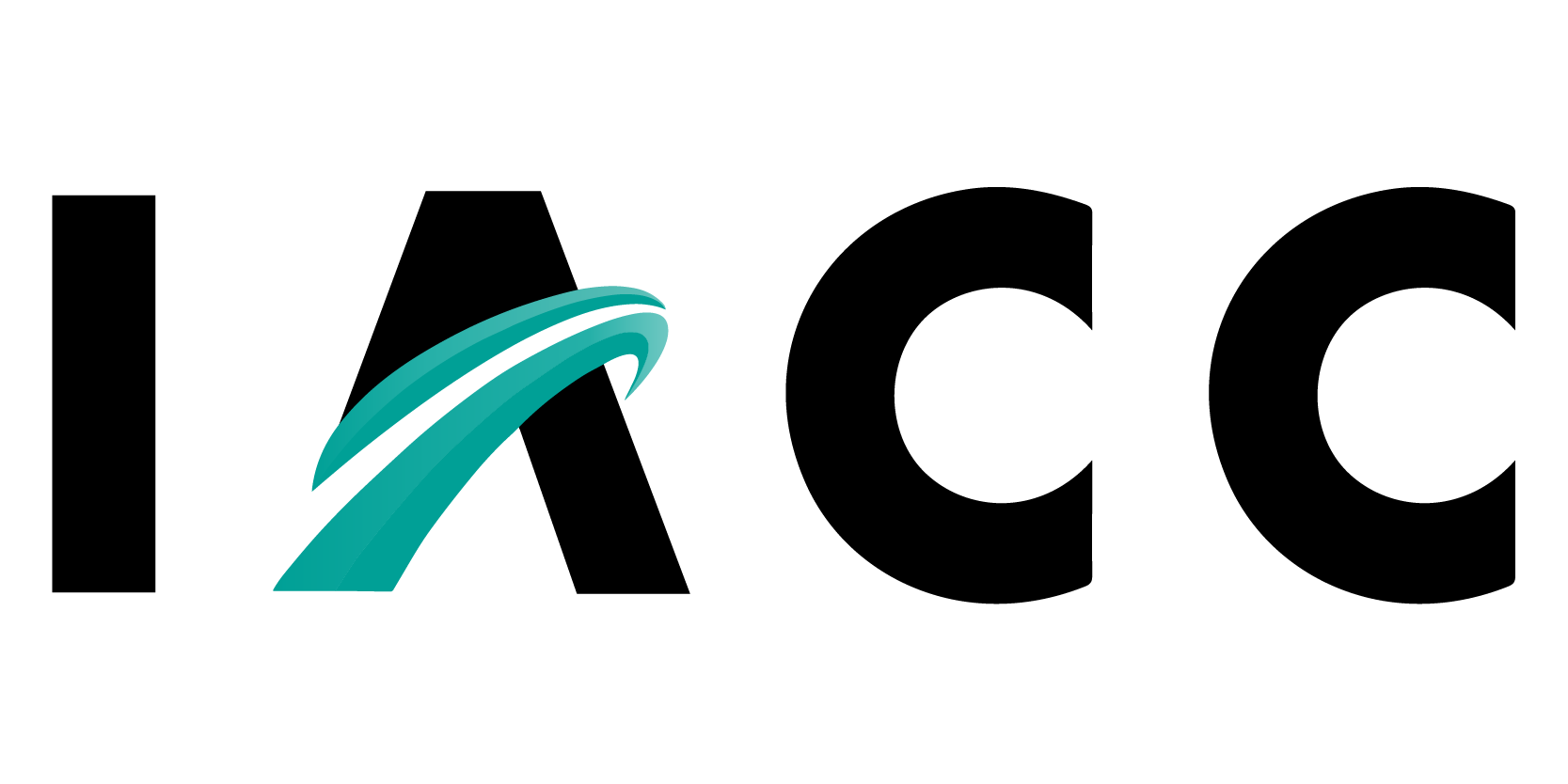44 Certifications in Demand in the 2024 Job Market | International Association of Career Coaches

We’ve said it before: there is no law against declaring yourself an expert—at least in many fields (you’ll find it difficult to offer cosmetic surgeries if you have never been within a hundred miles of a medical school). There are many, many professions where people operate all the time without recognition by a governing body, either because there is no governing body or because being accredited by them is optional.
What Is a Professional Certification and How Can They Help Advance Your Career?
Lawyers have the Bar Association. Doctors have the AMA. Most professions have a certifying organization of some kind. In some fields it’s illegal to practice without certification, and in others, it’s optional—technically.
But skipping certification can make you look like a poseur, or a fraud. It can make it harder to find jobs or clients because you lack the authority that comes with a credential from a third-party body of experts in your field. Certification is an important form of external validation that you have a particular skill set. Certifications help others see that you have the necessary understanding of your specific field. They show you have developed your interest in your field and honed it; that you’ve done your homework.
When Does It Make Sense to Pursue a Professional Certification?
While the correct answer might reasonably be “it makes sense any time you want the general public to see you as competent,” there are definitely certain inflection points where certification becomes a really good idea.
Consider getting certified when:
- You’re entering a new field.
- You’re completely changing careers.
- You want to advance your current career.
- You need to meet industry standards (for example, if you were working as a paralegal for ten years before that profession became subject to certification, you might still need to obtain the credential to keep your role).
- You want to develop a specialized skill.
- You need to “stay current” in a profession that’s rapidly shifting.
- You want to have a way to empirically demonstrate your competence.
- You have a deep genuine interest in learning more about what you do
There are times when obtaining certification doesn’t make a lot of sense. One of the big ones I see is “It’s a delay tactic because the person has some anxiety or impostor syndrome issue.” If you’re stalling on applying for a job because you imagine one more certification will give you the confidence you need? You might be looking for confidence in the wrong place.
Other situations where certification isn’t necessarily important:
- There are no relevant certifications in your field.
- You truly don’t have the time to invest in a long training or educational program.
- The regulatory red tape isn’t worth the potential career advantages.
- Certification is unreasonably expensive compared to the potential income boost it might give you.
- You’ve been thoroughly “certified” by the School of Life—in other words, you have so much experience in your field that you’re probably qualified to bestow certification on new professionals in your sector. If this is you, you might simply have no need to obtain certification.
How Can You Validate Whether the Certifying Body is Trustworthy?
The trustworthiness of a certificate is crucial because of the time, energy, and money investment it represents. Here are a few ways you can determine if the certification is trustworthy:
- Accreditation. If your certification is accredited by a recognized accrediting body, you can be sure it is meeting standards set by that third party. This can include academic accrediting bodies or industry-specific accrediting bodies.
- Reputation. Reviews, testimonials, feedback from those that have earned a particular credential. Look at their site and also search professional forums. If the majority of people reporting on their certificate have a lot of negative things to say, it might be a red flag. .
- Requirements. The requirements to earn the certification are clearly spelled out and they make logical sense. Be careful—like really careful—of easy-to-obtain or “pay to-certify” programs.
- Curriculum. Review the content. Ensure it is aligned with the industry standards and practices.
- Exam and assessment. How are you judged on knowledge acquisition? There might be one long test at the end, visual observation, submission of work, or a transcript showing you’ve taken and passed all relevant coursework for the certificate.
- Transparency. Reputable organizations are very open about their processes, fees, and requirements. If you can’t easily obtain clear, concise, transparent information about how the certification process works, be careful.
- Verification. Ensure that there is an easy way for companies and orgs to verify the existence of the certification and status. (Check out Credly as an example.)
- Continuing Education. Does your certificate come with a continuing education requirement? Good! Trustworthy certifications require additional learning to stay current with evolving knowledge and practices.
- Ethical standards. Do they have a code of conduct and a way to maintain integrity of the cert process? They should.
What Are the Top 44 Most Valuable Certifications You Can Obtain in 2025?
Information Systems and Cybersecurity
For very good reasons, cybersecurity (and IT more broadly) is an exploding field. There can be high stakes and a need to keep up with constantly evolving technology. Some four-year universities and community colleges offer academic degrees in cybersecurity.
There are also many available certificates:
- Certified Information Systems Security Professional (CISSP): Average Salary of $102k
- Certified Ethical Hacker (CEH): Average Salary of $85k according to Payscale
- Cisco Certified Network Associate (CCNA): Average Salary of $73k
- Certified Information Security Manager (CISM): Median Salary of $112k
- Certified Information Systems Auditor (CISA): Average Salary of $114k
- AWS Certified Solutions Architect: Average Salary of $123k
- Certified Cloud Security Professional (CCSP): Average Salary of $78k
Project Management
Many companies have a particular management modality that they love. Agile. Waterfall. Six Sigma. Getting certified in the best practices of a specific management methodology can give you a big hiring advantage, whether you’re a trainer for that methodology or just integrating into an organization that relies on it. These certificates are proof that you speak the organization’s “language.”
- Certified PMP (CPMP): Average Salary of $122k
- Certified Scrum Master (CSM): Average Salary of $99k
- Certified Agile Practitioner (PMI-ACP): Average Salary of $119k
Data and Analytics
This is another field that is growing exponentially both within academia and far beyond it. In a culture that absolutely loves the concept of empirical proof, and uses data analysis to do the proving, you can give yourself a significant advantage with a certification or certificate in data science or analytics.
- Certified Data Scientist (CDS): Median Salary of $103k
- Certified Analytics Professional (CAP): People with their CAP typically work as a data scientist making ~$103k annually
- Google Cloud Professional Data Engineer: Average Salary of $129k
- AWS Certified Data Analytics: Average Salary of $73k
Healthcare
Fun fact: it’s incredibly difficult to get into nursing school right now, and the main reason for that is that there aren’t enough instructors to handle the prospective students. The “our healthcare system is broken” cry isn’t random—the healthcare sector desperately needs changemakers at every level. Would you like to be poised to enact some of that change? Consider the certifications below.
- Certified Professional Coder (CPC): Average Salary of $63k
- Certified Registered Nurse Anesthetist (CRNA): Average Salary of $203k
- Certified Professional in Healthcare Quality (CPHQ): Average Salary of $100k
- Certified Healthcare Information Systems Security Practitioner (CHISSP): Average Salary of $127k
- Certified Medical Assistant (CMA): Average Salary of $43k
- Certified Pharmacy Technician (CPhT): Average Salary of $41k
- Certified Surgical Technologist (CST): Average Salary of $92k
- Fellow of the American College of Healthcare Executives (FACHE): Average Salary of $178k
- Medical Laboratory Scientist (MLS) or Medical Laboratory Technician (MLT): Average Salary of $62k
- Physical Therapist Assistant (PTA): Median Salary of $62k
- Certified Occupational Therapy Assistant (COTA): Average Salary of $64k
- Registered Dietitian Nutritionist (RDN): Average Salary of $74k
- Emergency Medical Technician (EMT): Average Salary of $42k
Finance and Accounting
So, you’d like people to trust you with their money, eh? Whether you’re in banking, part of a large organization’s finance department or a solo practitioner operating as a financial planner for individuals, certification in your field is huge.
- Certified Public Accountant (CPA): Average Salary of $75k
- Chartered Financial Analyst (CFA): Average Salary of $104k
- Certified Management Accountant (CMA): Average Salary of $105k
- Chartered Accountant (CA): Average Salary of $108k
- Certified Internal Auditor (CIA): Average Salary of $76k
- Certified Financial Planner (CFP): Average Salary of $72k
- Financial Risk Manager (FRM): Average Salary of $111k
- Certified Fraud Examiner (CFE): Average Salary of $91k
- Certified Treasury Professional (CTP): Average Salary of $95k
Human Resources
Whether you’re trying to enter the HR world or have worked within it for years, certifications can telegraph to your employer or prospective employer that you absolutely know what you’re doing. It can also give you a major up-leveling in things like conflict management or the peskier details of corporate benefits. Your confidence and morale will benefit. Your paycheck probably will, too.
- Professional in Human Resources (PHR): Average Salary of $80k
- Senior Professional in Human Resources (SPHR): Average Salary of $106k
- Global Professional in Human Resources (GPHR): Average Salary of $128k
- SHRM Certified Professional (SHRM-CP): Average Salary of $76k
- SHRM Senior Certified Professional (SHRM-SCP): Average Salary of $103k
- Professional in Employee Benefits (CEBS): Average Salary of $65k
- Certified Compensation Professional (CCP): Average Salary of $104k
- Certified Labor Relations Professional (CLRP): Median Salary of $82k
Is It Worth Getting Certified?
So, to certify or not to certify?
In general, it’s anywhere from “mandatory” to “a really good idea,” depending on your industry. It’s good for you reputationally and it will almost invariably make you better at your job if you adopt (and keep) a learning mindset. Whether you’re launching a solo business or just trying to score a promotion, these certifications telegraph to others that you have earned expertise in your field and are to be taken seriously.
However, in fields where it is possible to practice without certification, you shouldn’t necessarily let your lack of certification stop you from taking the next step in your career—especially if you’re counting every penny, because certifications generally require some investment in higher learning.
At IACC, we actively encourage people to take on clients while they’re still uncertified—it’s explicitly part of our program, because it’s critical to get boots-on-the-ground experience working one on one with job seekers.
And there are many professions where it’s perfectly reasonable to start doing something you know how to do and charging for it without tackling certification upfront (one of my former clients used her love of teenagers and her decades of experience with academia and publishing to hang a shingle as a college admissions advisor. Five years later, she’s finally getting around to certification—purely as a continuing education issue, not because she’s struggling to get clients or good student outcomes; she has both in abundance).
In plenty of professions, it’s a nice extra layer of validation and learning, not a hard and fast requirement. Whether it’s strictly required or not, though, getting your skills validated by a legitimate certifying organization won’t hurt you—and it can seriously help.
If you are intrigued about exploring career coaching certification, check out the International Association for Career Coaches Senior Professional Career Coach Certification.
